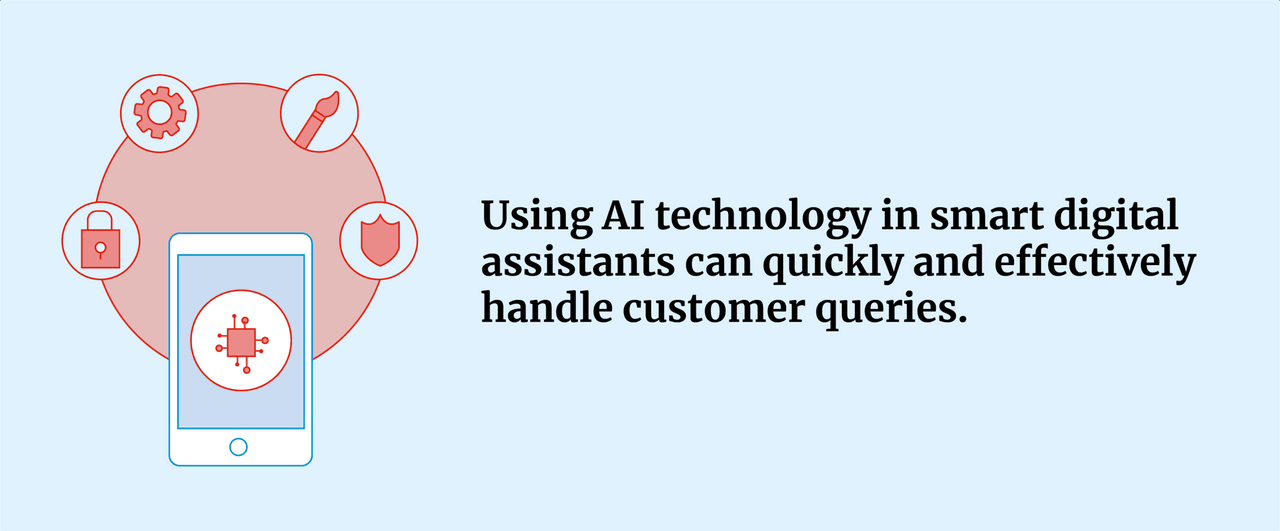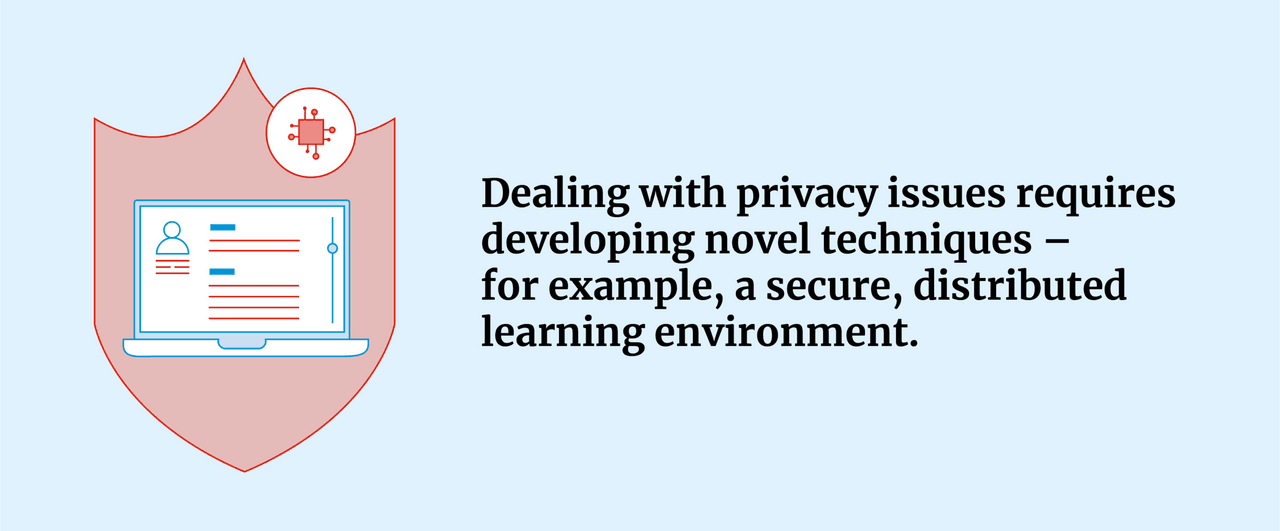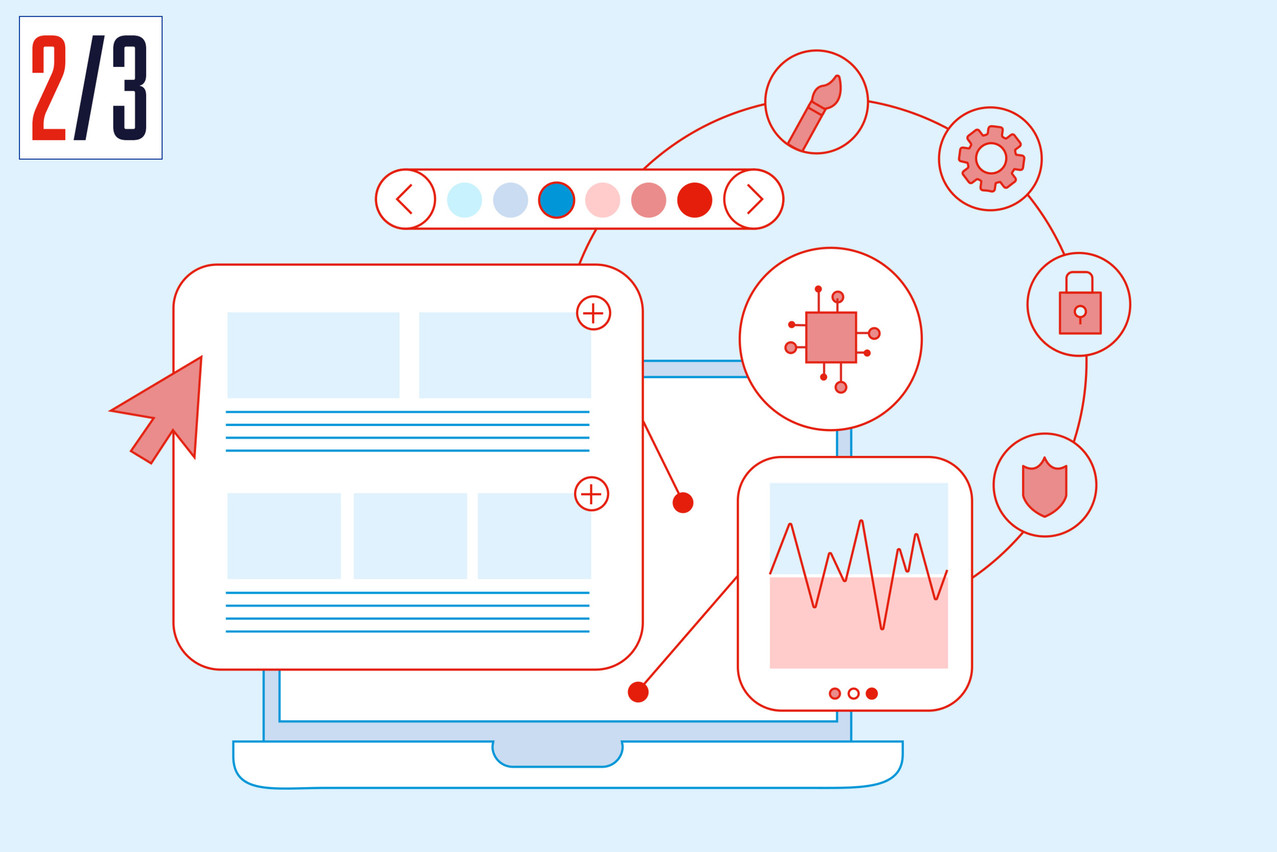For a business to successfully use AI, it makes sense that the tool should be specifically designed for their needs. Designing custom, reliable, safe and secure software systems is part of the expertise offered by the University of Luxembourg’s (SnT). They work in partnership with many companies – both locally and globally – to share their research and develop new technologies.
is a chief scientist at SnT, and specialises in software engineering, with an emphasis on compliance analysis and verification. He works within the research group (SVV), which focuses on the development of reliable and scalable solutions for the verification and validation of complex software systems. Their work has enabled them to successfully implement AI in many of Luxembourg’s financial institutions.
Direct impact
AI has dramatically changed the way that the financial and regulatory service industry works, and has had a direct impact on the economy and society.
Prof. Bianculli’s team is currently working with , Luxembourg’s financial regulator, to automate compliance checks on financial documents, such as prospectuses. “The goal is to flag critical issues, such as omitted important information,” he said. Colleagues in his research group are also working with the law firm on a project on GDPR compliance checking, to verify whether the content of a privacy policy is complete according to the provisions of GDPR.
He explains that Big Data and Machine learning technologies have improved how credit modelling works, guaranteeing accurate results and very fast response time when processing loan applications. This is very useful, in some regions of the world, to foster micro-loans, making them affordable and accessible to everyone. AI can also support corporate risk assessment to help companies evaluate investment opportunities.
Another example of implementation of AI in financial applications is the creation of digital assistants on banking websites. “You can quickly and effectively handle customer queries, which is great from a business perspective,” Prof. Bianculli said.
Tailor-made software
“When designing software for the financial and regulatory services industry,” he explained, “it’s important to develop techniques that can check the technology is operating in a way that is compliant with regulations.”

AI and smart digital assistants. (Illustration: Maison Moderne)
A complication within this industry is security. As a result, “it’s necessary to include a mechanism for real-time risk monitoring, analysis and management,” he stated. “If a security threat is detected, you need to be able to react in real-time, to avoid your system becoming compromised.”
Furthermore, one of the most important aspects of tailor-made software is keeping in mind the user experience. Taking into consideration the level of user interaction that is required in your software, and any constraints or barriers to a good experience, is vital – an example being the quality and speed of the mobile network the user needs to use the system.
AI challenges
Using AI can raise a number of challenges. One of the primary concerns is privacy, as Prof. Bianculli explains, “especially how to avoid centralised data collection. Dealing with these kinds of privacy issues requires developing novel techniques – for example, a secure, distributed learning environment.”

AI and privacy. (Illustration: Maison Moderne)
Another critical area, he added, is fairness. Avoiding discrimination is absolutely necessary, this starts with avoiding any bias in the input data of a machine learning algorithm. Decisions made from that algorithm should also be explainable, so that humans can understand why the algorithm has made a decision, so that they can overrule or investigate if necessary.
“For the adoption of tailor-made software massively relying on AI-based components, it is also important to involve policymakers in the definition of policies and regulations that support innovation, but at the same time regulate the use of new technology.”

